 As of this week Democrats will control the committee gavels in the House, marking a significant shift in the politics of foreign policy making and possibly the substance of policy as well. Several recent pieces by former Obama Administration officials, like this one and this one, have addressed how Democrats could push back against President Trump’s deleterious actions in the national security and foreign policy spaces. They encourage Congress to use the constitutional powers that the Republican majority has been reluctant to assert over the past two years and exercise the prerogatives of the legislative branch.
As of this week Democrats will control the committee gavels in the House, marking a significant shift in the politics of foreign policy making and possibly the substance of policy as well. Several recent pieces by former Obama Administration officials, like this one and this one, have addressed how Democrats could push back against President Trump’s deleterious actions in the national security and foreign policy spaces. They encourage Congress to use the constitutional powers that the Republican majority has been reluctant to assert over the past two years and exercise the prerogatives of the legislative branch.
Representative Adam Schiff’s (D-Calif.) work as Chairman of the House Permanent Select Committee on Intelligence (HPSCI) will be front and center in the 116th Congress. His tenure follows Devin Nunes’s (R-Calif.) handling of that committee’s Russia investigation in the last Congress, which seemed aimed primarily at shielding President Trump and his campaign from accountability. Schiff has made it clear that he views it as his duty to tell the American people, in an open and public-facing way, exactly what happened in the 2016 election. Until Special Counsel Robert Mueller’s Russia investigation concludes, however, Schiff will face the particular challenge of de-conflicting his efforts with Mueller’s ongoing work.
Depending on what information Mueller produces and in what form, Schiff’s best-laid plans for committee work could be upended when Mueller concludes. For example, if there is a sense that Mueller’s work was cut short for some reason or was otherwise incomplete, Schiff may need to add to his agenda an investigation-of-the-Mueller-investigation. It is also unclear how Schiff will navigate a path that does not deflate the bipartisan Senate investigation headed by returning Chairman Richard Burr (R-N.C.) and returning Vice Chair Mark Warner (D-Va.)—a partnership marked by significantly more cooperation and comity than their House counterparts.
My colleagues Ben Wittes and Susan Hennessy sat down with Congressman Schiff on the Lawfare Podcast a few weeks ago and had an excellent and wide-ranging discussion of the upcoming work of the committee. In addition to bread-and-butter committee tasks, like traditional oversight of the intelligence agencies and work on an intelligence authorization bill, Schiff has indicated that he will seek to address wider issues including the rise of authoritarianism around the world and the intersection between the president’s foreign policies and the Trump family’s financial interests globally.
So what’s particularly interesting here is the unusual role Chairman Schiff could play dealing with broader governance and foreign policy issues—a role not usually filled by the Chair of HPSCI. His already-high profile on Russia issues, combined with the investigative powers he will have as chair and his willingness to hold public hearings, could mean he becomes the go-to articulator of the importance of core American values like the rule of law, election integrity, respect for human rights, and anti-corruption, as well as broader foreign policy challenges like the rise of authoritarianism around the world. Such a role would be unprecedented for the HPSCI chairman who traditionally focuses on more mundane agency oversight topics in closed settings.
Because so many Trump policies and actions are ripe for oversight, the limited resources and time afforded Chairman Schiff will almost certainly be inadequate. Like all committee chairs, he will need to:
- prioritize efforts for maximum impact,
- coordinate effectively on oversight of issues that cut across multiple committees and chambers,
- elevate and reinforce common themes that are important for Americans to understand and absorb, and
- blunt Republican attacks that seek to paint legitimate oversight efforts as mere partisan obstruction.
Finally, as part of prioritizing his efforts, Chairman Schiff will need to decide how to handle the clear preference of both the president and congressional Republicans to divert attention away from the Russia investigation (and other uncomfortable topics) and toward other issues such as the threat posed by China. The China concerns are certainly legitimate—China’s economic espionage and long-term influence campaigns in the West are definitely worthy of the committee’s attention—particularly because it is not at all clear that President Trump’s various statements and policies toward China are helping to mitigate these threats.
As part of his efforts to examine the potential connection between president’s foreign policies and the Trump family’s financial interests globally, Chairman Schiff could look closely at China’s approvals of dozens of Trump family patents over the last two years. These approvals are covered periodically by the press and are whispered about on Capitol Hill, but until now no one has had both the tools and the political will to see if a straight line of graft can be drawn.
This work is licensed under the Creative Commons Attribution-NonCommerical-NoDerivatives 4.0 International License. To view a copy of the license, visit https://creativecommons.org/licenses/by-nc-nd/4.0/.
The Brookings Institution is committed to quality, independence, and impact.
We are supported by a diverse array of funders. In line with our values and policies, each Brookings publication represents the sole views of its author(s).
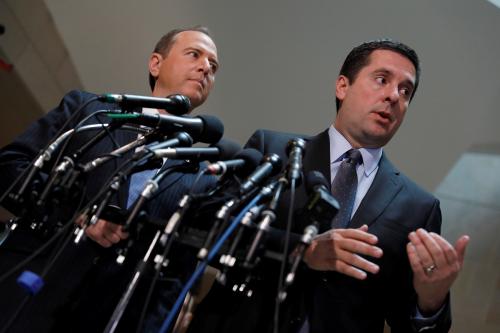
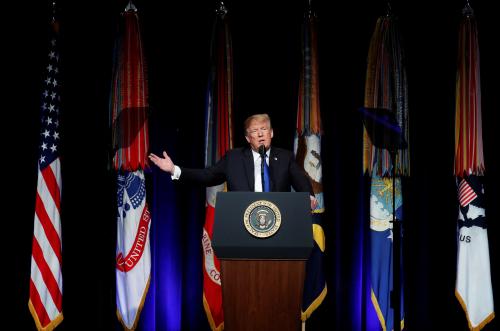
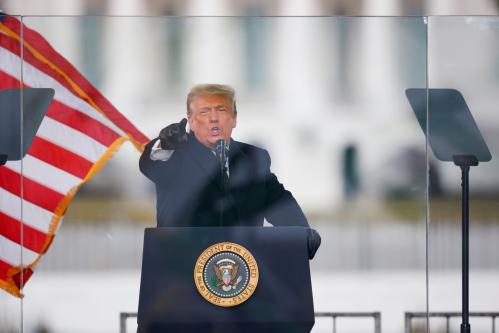
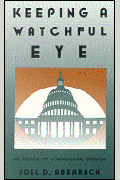
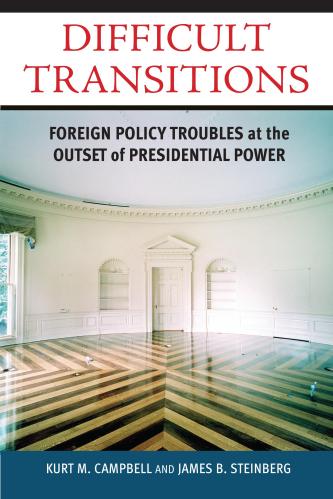
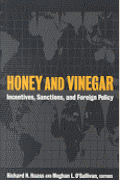

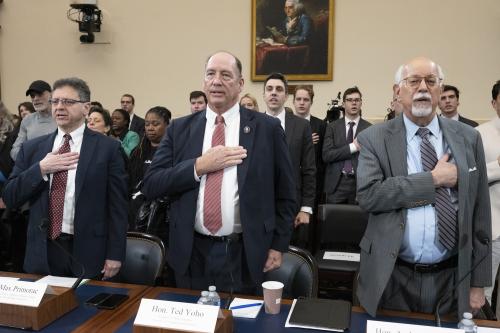
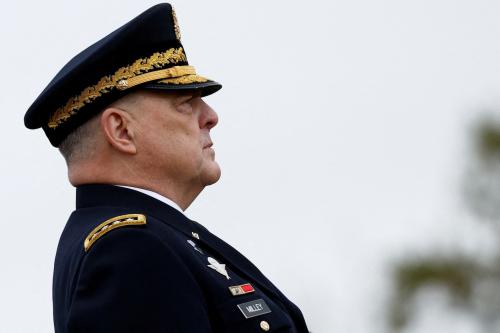

Commentary
Congress in 2019: The many challenges facing Adam Schiff and the House Intel Committee
January 3, 2019